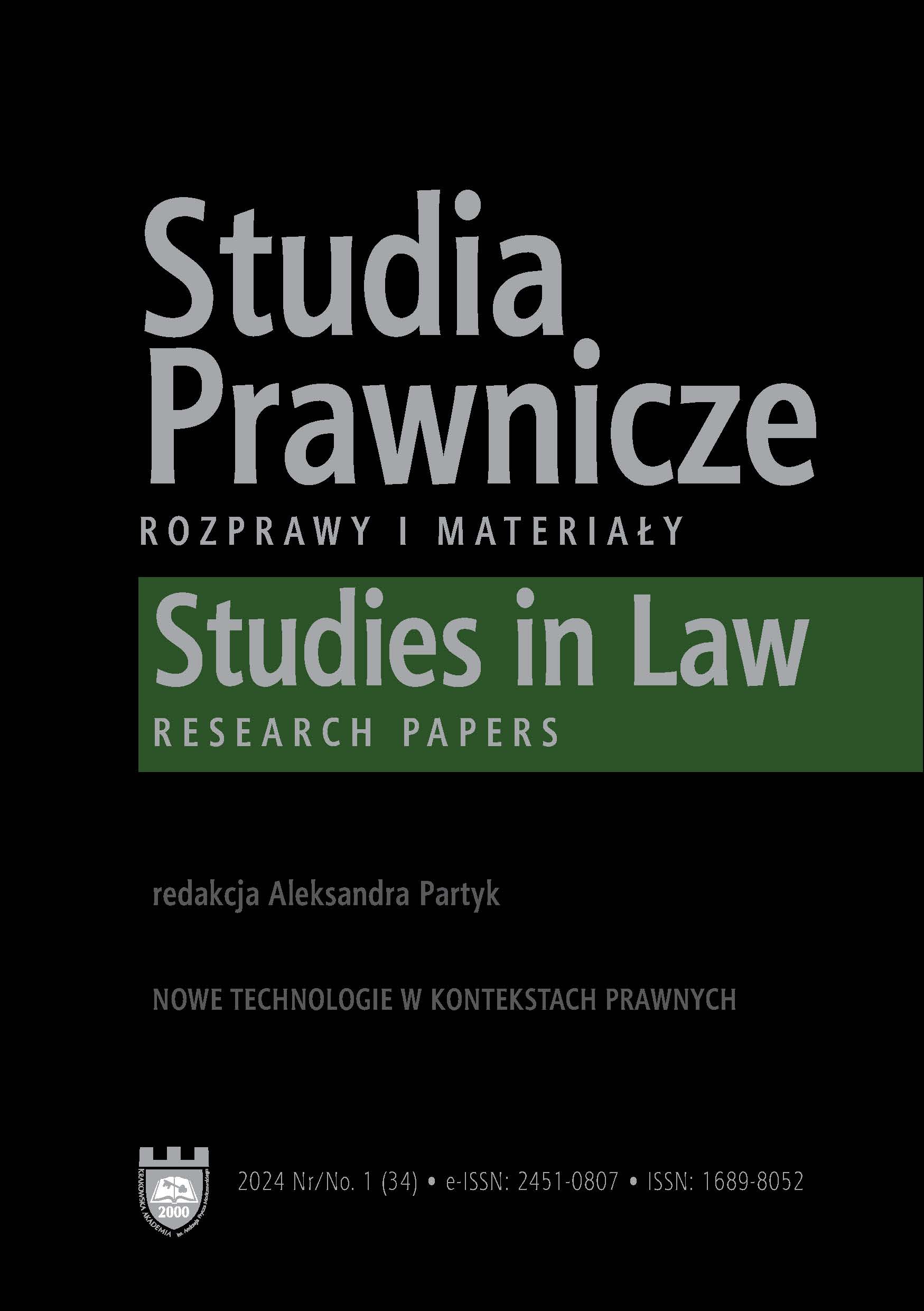Ustrój sądownictwa konstytucyjnego w państwach autorytarnych. Analiza porównawcza przypadku republik Azji Środkowej
Legal status of the Constitutional Courts in authoritarian states. A comparative study of Central Asian republics
Author(s): Rafal CzachorSubject(s): Politics / Political Sciences, Social Sciences, Law, Constitution, Jurisprudence, Civil Law, Philosophy of Law, Commercial Law, Administrative Law
Published by: Oficyna Wydawnicza AFM Uniwersytetu Andrzeja Frycza Modrzewskiego w Krakowie
Keywords: constitutional jurisdiction; constitutional comparative law of post-Soviet states; authoritarian constitutionalism;
Summary/Abstract: The following paper attempts to discuss the specific features of the Constitutional Courts in Central Asian countries: Kazakhstan, Kyrgyzstan, Tajikistan, and Uzbekistan. The aim of the paper is to discuss their compliance or non-compliance with the Kelsenian model, widespread in European countries. The study asserts that the model of the Constitutional Courts in the abovementioned nations does not differ significantly from the Western European model. This is an important conclusion since the Central Asian countries are permanently classified as non-democratic. Thus, this raises a question about the sense of the existence of the Constitutional Courts in countries that do not respect the principle of the democratic rule of law. The answer to this question goes beyond the scope of the following study, but the indisputableThe following paper attempts to discuss the specific features of the Constitutional Courts in Central Asian countries: Kazakhstan, Kyrgyzstan, Tajikistan, and Uzbekistan. The aim of the paper is to discuss their compliance or non-compliance with the Kelsenian model, widespread in European countries. The study asserts that the model of the Constitutional Courts in the abovementioned nations does not differ significantly from the Western European model. This is an important conclusion since the Central Asian countries are permanently classified as non-democratic. Thus, this raises a question about the sense of the existence of the Constitutional Courts in countries that do not respect the principle of the democratic rule of law. The answer to this question goes beyond the scope of the following study, but the indisputable conclusion of this article is that authoritarian states pay much attention to the normative aspect of the functioning of regimes and ensure the existence of façade institutions typical of democratic states.
Journal: Studia Prawnicze: rozprawy i materiały
- Issue Year: 34/2024
- Issue No: 1
- Page Range: 131-159
- Page Count: 29
- Language: Polish

